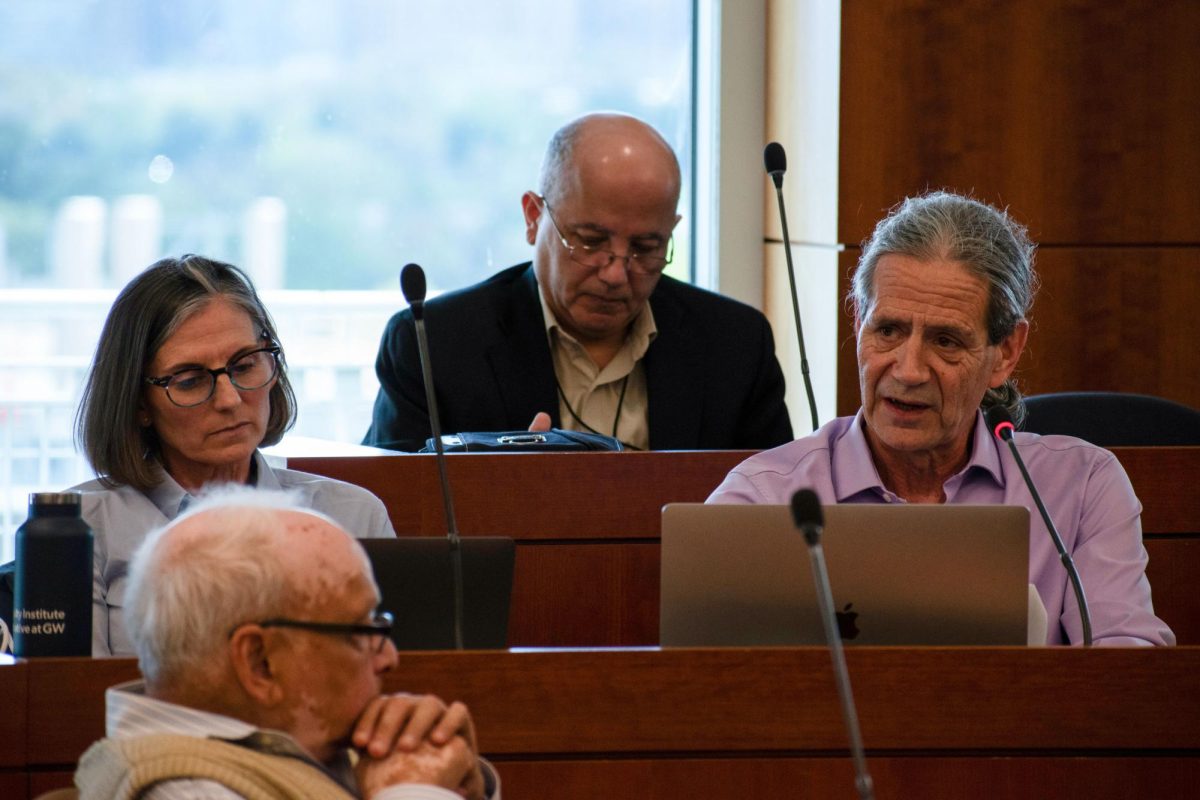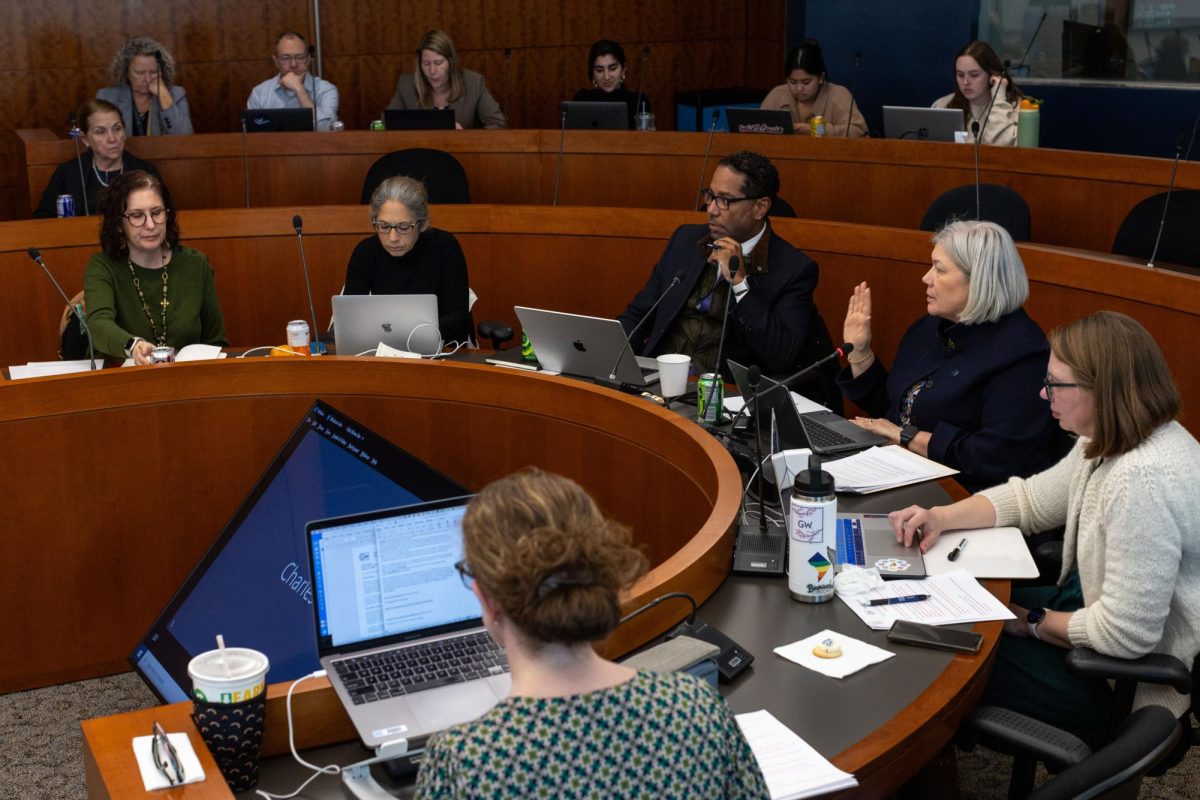Since its founding 10 years ago, the sustainable urban planning studies master of professional studies program has doubled its enrollment and earned accreditation.
The program, housed in the College of Professional Studies, covers topics in urban development, sustainable city designs and transportation, preparing students to have careers at consulting groups, federal and regional governments and non-governmental organizations. Faculty and alumni of the program said the program’s accreditation cemented its status among the urban planning academic and professional communities.
Officials also created an honorary website highlighting alumni achievements from the program and are holding a symposium series throughout the spring to celebrate its anniversary. One symposium event from February covered how to support diversity within the sustainable urban planning education community, according to the program’s website.
Sandra Whitehead, the director of the program, said most of the students at the program’s start were working professionals in the middle of career changes who were interested in urban planning. But she said recent undergraduates have composed a greater portion of the student population in the past two years, rising from 10 percent to about 35 percent.
“Our ideal candidates, the people who are attracted to our program, are interested in equity, are interested in promoting more green spaces and more economically viable cities for everyone,” she said.
Whitehead said part of the program’s growing appeal and success stems from its small class size of no more than 15 per course and the diversity of the enrolled students in age, educational background and work experience. She said the small class size has fostered intimate relationships between students, as they have a common goal to help local communities address urban planning challenges like environmental justice.
“The common thread really is the people coming to our program are really coming to make a big change in the world,” she said. “They want to make a difference.”
Whitehead said she has worked to promote more community-based learning opportunities, like ongoing partnerships with the Arlington County’s Department of Community Planning, Housing and Development, since becoming the program’s director in 2019. She said the partnerships help train students to work with real-world clients in group settings to create professional urban planning projects.
“This is really important for students, especially as planners because this is what we do – we work with communities – we have to figure out how to talk to them about what’s important to them and listen to what they need,” she said.
Whitehead said the program’s greatest achievement is its alumni, who hold positions at local, federal and international organizations, like the World Bank, Asian Development Bank and the District’s Department of Transportation.
“Our impact on the communities that we serve, I hope, is the biggest legacy of our 10 years,” Whitehead said.
Negin Askarzadeh, an adjunct faculty member in the program and a 2016 alumna, said the program’s enrollment has shot up from 15 to 20 students in 2014 to 52 students currently.
She said the program’s accreditation in 2019 is one of its greatest accomplishments because it functions with fewer full-time faculty than “traditional” planning programs.
“Being in that situation, getting that accreditation was a really great achievement for the program,” she said.
Students who complete a sustainable urban planning program with accreditation may require less time to become certified through the American Institute of Certified Planners, according to the program’s website.
Askarzadeh said the program’s faculty members are working professionals in urban planning who have real-world expertise that they can provide to students.
Elizabeth Gearin, an adjunct faculty member in the program, said her time with the program has been “rewarding” because of her students’ passion for the topic. She said her students have appreciated her expertise – from serving on the Arlington County Planning Commission to the classroom.
Gearin said she is studying some of the topics she teaches in class as part of her work with the commission.
“I remind these students a lot that they are future leaders,” she said. “They are the policymakers and planners of today and tomorrow. So, I believe that’s what we’re doing. We’re helping shape our next generation of public leaders.”
Gearin said she has had difficulty teaching through virtual instruction because the “welcoming” environment of in-person learning has been hard to replicate. But she said her students have appreciated the effort that faculty have put into converting their classes into a virtual format.
“I really love these students,” Gearin said. “They’re smart and engaged and passionate, and they’re taking these classes because they really want to be there. They’re also working to show up at the end of a long day and to participate.”








